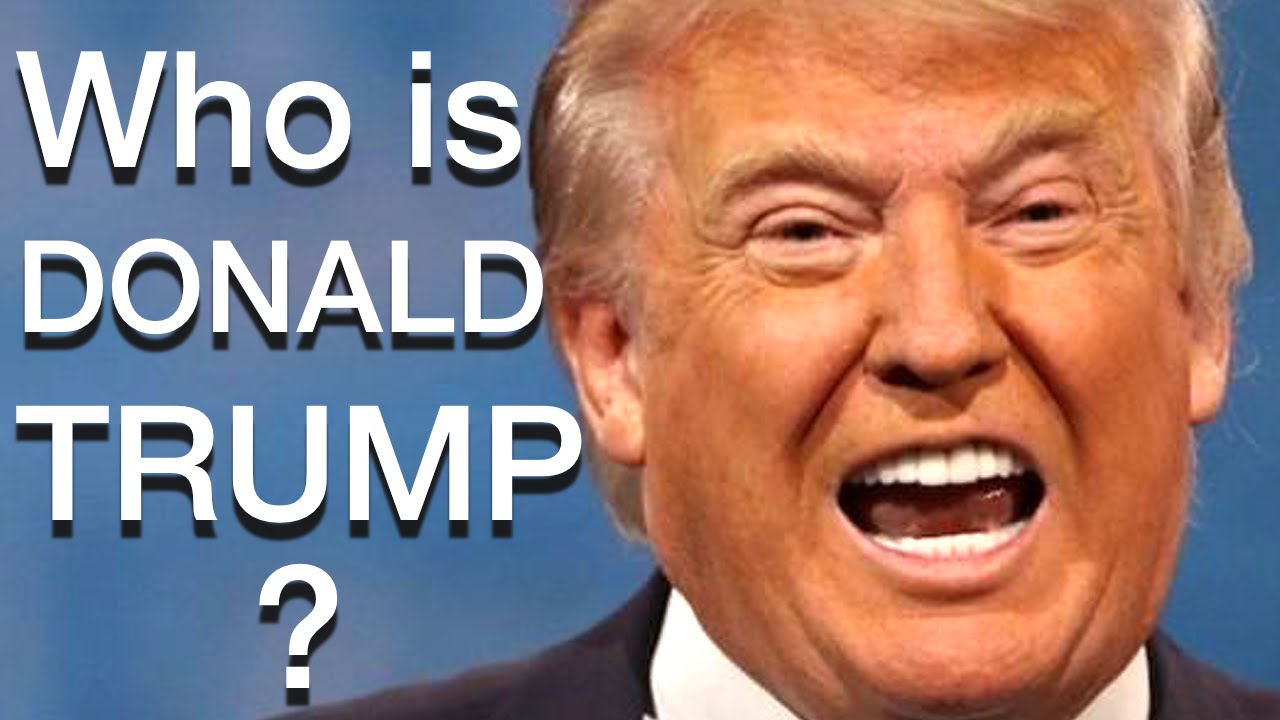By Eric Talmadge
Associated Press

PYONGYANG, North Korea (AP) — With a tightly controlled state media, little access to outside information and a deeply instilled belief that whoever runs the White House is bound to be their sworn enemy, North Koreans aren’t expecting much from the U.S. presidential elections — if they know about them at all.
Say the name Donald Trump to most North Koreans and you will get a blank stare. Same goes for Hillary, though some remember the name Clinton. Some remember that Bill Clinton was, as U.S. presidents go, a little more willing to engage with their country than most, though that was long, long ago and didn’t last very long. President George W. Bush quickly rolled that back and declared North Korea part of the “axis of evil.”
“I don’t know about the U.S. elections and I don’t care,” said Kim Un Byol, a 27-year-old office worker in Pyongyang. “As long as we have Marshal Kim Jong Un and nuclear weapons, we have nothing to worry about.”
The outcome of the U.S. elections in November could have major ramifications for North Korea — or maybe bring more of the same. It’s far from clear how either presidential candidate intends to deal with Pyongyang, or how Pyongyang will deal with a new administration in Washington.
For the most part, the state-run media has been quiet on the topic.
In September, however, it lambasted the elections as a “hot money-squandering competition.”
“Elections in the U.S. are little short of tycoons’ ceremonies of choosing their running dogs, utterly indifferent to the will and desire of the popular masses,” KCNA, the stated-run news agency, reported on Sept. 3. “Only moguls fully enjoy free suffrage in the U.S. Without money one can never become a successful politician in the U.S. that openly asserts `money fertilizes politics.”’
“Money is everything in the U.S. society,” it added, citing WikiLeaks as divulging that “Democrats got even the present chief executive involved in horse-trading with tycoons to collect more election funds from them.”
“It is nonsensical to discuss genuine human rights and democracy in such a political climate of the U.S,” it concluded.
Of course, North Korea has a very different way of running its own elections.
There is no public debate over policy. That is decided by the ruling Workers’ Party and Kim Jong Un, who does nominally stand for elections to his seat in the national parliament but has never been challenged for his hereditary position as the country’s supreme leader. Voters have only one choice on their ballots. They can choose either yes or no — virtually no one votes no.
Going to the polls is expected of all eligible voters, and turnout rates are generally reported at around 99 percent. But while the elections are in political terms mostly a formality, along with being celebratory-style events, they have solid practical applications. Mustering the nation every so often is a chance for the authorities to hone their mobilization skills, check up on the efficiency of local leaders and get a snapshot of internal movements.
Kim, the Pyongyang office worker who spoke to The Associated Press on her lunch break recently, echoed the argument that the U.S. elections are actually less democratic than the North’s, “where the people love the leaders and the leaders love the people.”
“In capitalist countries like the United States, they buy the presidency so they never take care of their people,” she said. “Obama fusses a lot about human rights, but I heard about a lot of things like shootings and police killing black people. The U.S. should focus on its own humanitarian issues.”
Pyongyang has been extremely critical of President Barack Obama’s ongoing policy of “strategic patience,” which boils down to minimum engagement with North Korea, punitive measures in response to its nuclear tests and rocket or missile launches, and building up ties with allies in the region to put more pressure on North Korea to either back down or feel the economic pain of heightened sanctions and isolation from international markets.
While the media often slams Obama, it hasn’t said much about the presidential campaign.
In June, while still the presumptive Republican presidential nominee, Trump got some good press here for suggesting he would be willing to meet Kim Jong Un and was open to re-examining the deployment of and possibly withdrawing U.S. troops from South Korea. One state-sanctioned news outlet juxtaposed the “wise” Trump with what it called “dull Hillary.”
But it attributed the column attributed to a “China-based scholar,” deflecting the notion that North Korea might officially support the comments.
In the meantime, Pyongyang is pushing ahead with its nuclear and missile programs, so whoever wins in November will likely have to deal with North Korea one way or another — and North Korea isn’t known for its generosity with olive branches.
“Obama is trying to force our system to collapse, but that’s just a pipe dream,” said Pang Hak Song, a 29-year-old student at Pyongyang Architectural University. “The U.S. is our enemy and I don’t want to even say that country’s name. But if I had anything to say to the new president, it would be to give up their hostile policy toward our country if they ever want peace.”



